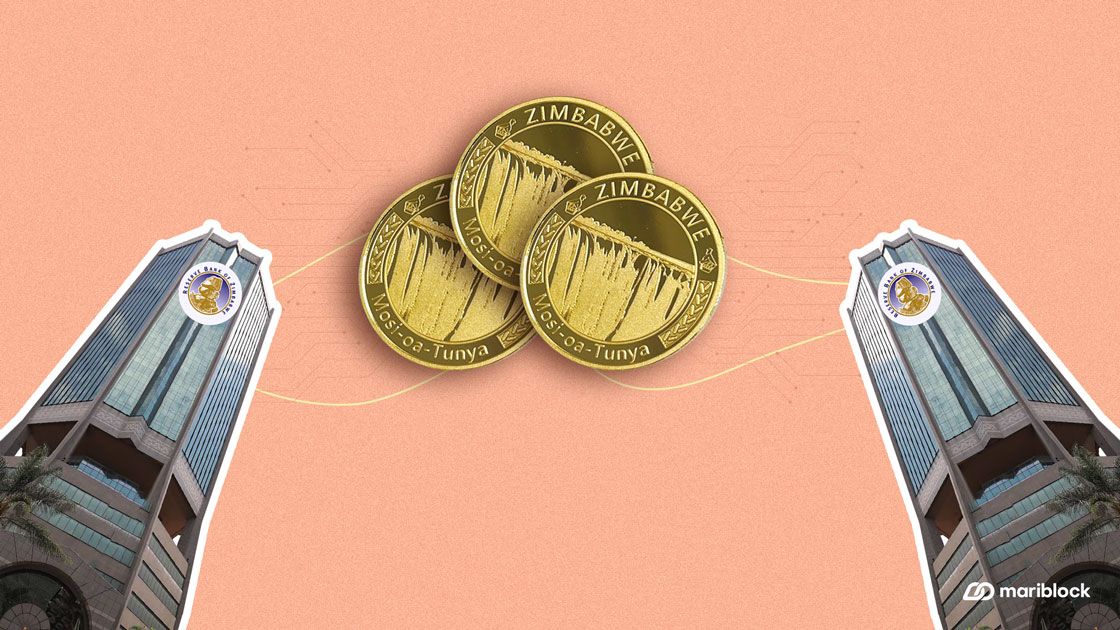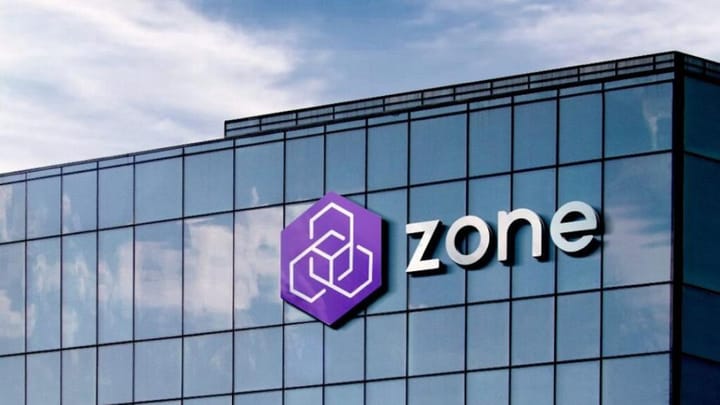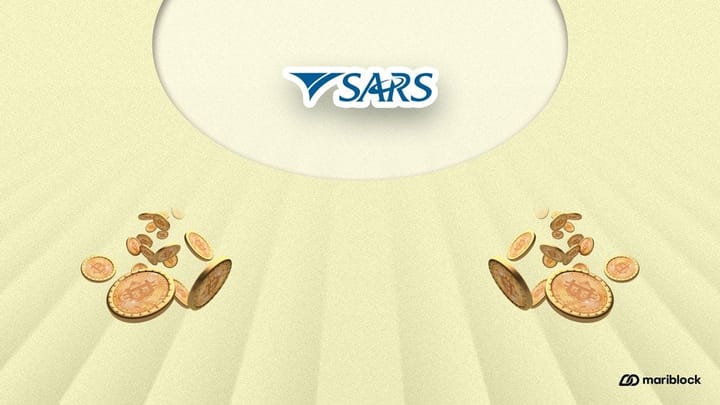RBZ finalizes P2P platform for gold-backed CBDC
The move is aimed at reducing the demand for US dollars and providing an alternative currency and store of value.

The Reserve Bank of Zimbabwe is working on making its newly released gold-backed central bank digital currency (CBDC) available as a means of payment for everyday transaction.
The details
- According to reports, the bank plans to go live with the feature in two weeks.
- The bank’s governor, John Mangudya told Sunday Mail that the bank is working on cutting down the demand for foreign currency and stabilize the Zimbabwean dollar.
- To use the gold tokens for transactions, individuals are required to open specific gold accounts with their local banks. The accounts are then linked to e-gold wallets or e-gold cards, which hold the gold tokens converted to their United States dollar value.
- The value of the gold tokens is tied to the market value of gold. Essentially, the price is determined by daily gold prices in the London Bullion Market Association.
- Mangudya further stated that the tokens would be measured and sold in milligrams, with each priced at 6 cents.
- The report claimed that the RBZ has sold 313,9 kilograms of gold tokens already.
Key quote
- Mangudya told Sunday Mail:
“The second phase of the roll-out of the digital tokens which will enable transacting using the digital gold-backed tokens will start this month and we are currently testing the system before the launch.”
Catch up
- Zimbabwe’s economy is one of the most dollarized in the world. Per a Mariblock report, 76% of government expenditure is settled in USD.
- The country’s native currency, the Zimbabwean dollar has also lost a huge chunk of its characteristic store of value and public confidence in the currency has been mostly eroded.
- As a result, the RBZ launched gold-backed digital tokens initially for investment purposes, to serve as a store of value and hedge against inflation in the country.
- The International Monetary Foundation (IMF) cautioned the country against adopting a CBDC instead of using more conventional means to curb its dollarized and inflated economy.
- In a more conventional move, the country has begun to sell foreign currency on the interbank market through commercial banks to ensure a single and primary source of foreign currency in the country.



